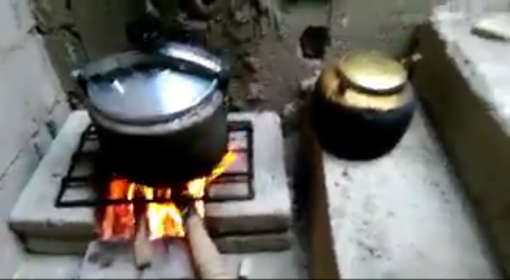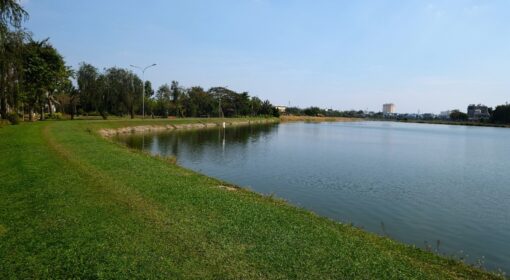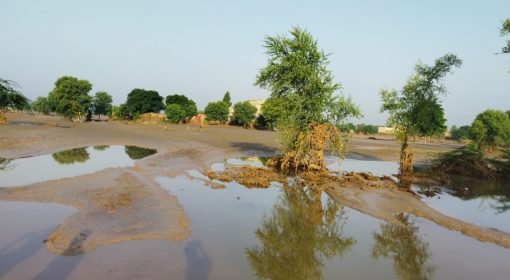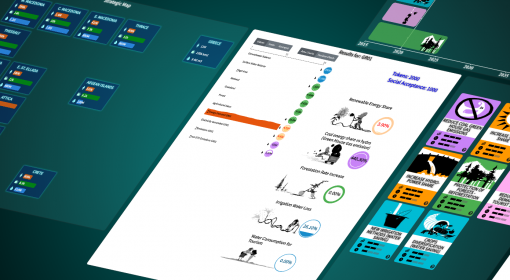Talal Naseer and Frank van Steenbergen
Quetta, the mountain capital of Balochistan (Pakistan), is known for its harsh winter season. The city with a population of more than 1 Million, swollen by influxes of refugees, is prone to snowfall and below freezing temperatures from December to January. Without heating it is difficult to survive. However, this winter, the situation has become even more challenging due to the widespread gas shortage and unreliable supply in the city combined with a burgeoning price. For many people in Quetta it has become a matter of heat or eat and even life or death.
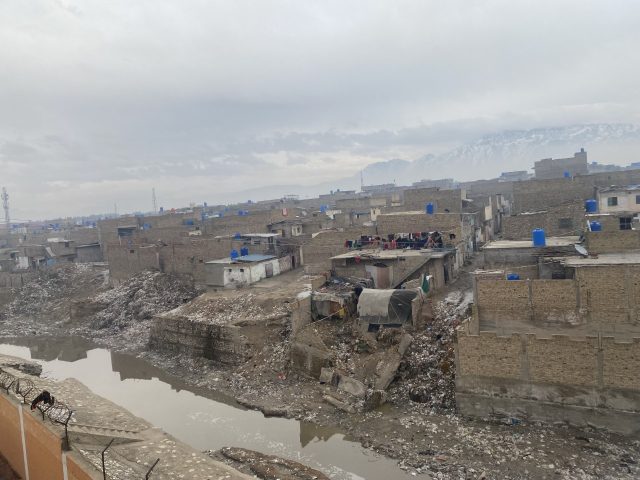
Gas is the primary source of heating for Quetta households, piped through a network from the Sui Gas fields 300 kilometers away. Supplies have become erratic, with large differences in pressure between different part of the city. Some portions of the city have very low pressure, which increases the use and demand for compressors. These suck the gas away from the pipelines, increasing one’s own supply, but leaving others without. In cold days many accidents happen as the fire is on but the gas gets off and then comes back as a health hazard
The shortage has created a struggle for residents to keep warm during the harsh winter days. The situation is exacerbated for households that are not connected to the gas network system. This is the case for the majority of the city’s unplanned settlements and slums, where people rely on pricy gas cylinder supplies. The gas shortage has also resulted in long queues outside the cylinder filling points. These are usually operated without basic safety precautions. They constitute disasters waiting to happen with many lives that could be lost in case of mishap. On top of it, the increased demand has resulted in a significant increase in the price of the gas, making it unaffordable for many low-income families.
The lack of gas has affected not only the residential areas but also the commercial sector. The economy slows down in the cold. Restaurants for instance shut down or switch to costly cylinders affecting revenue and jobs. The underlying cause is the mismatch between supply and demand. The shortage of gas fields and insufficient investment in exploration and production has resulted in a decline in supply, whereas demand keeps rising. The gas distribution system and pipeline infrastructure suffers moreover from gas theft and leakages. Alternative heating arrangements, such as energy efficient electric heaters are uncommon and moreover power supply is beset with its own set of problems.
The frigid winters of Quetta are a losing battle struggle for the inhabitants, made even more arduous by unreliable gas supply, creating risk and hardship. There is a need to invest in exploration and production and other sources of heating. If not then this is how a system looks when it has reaches planet boundaries.
